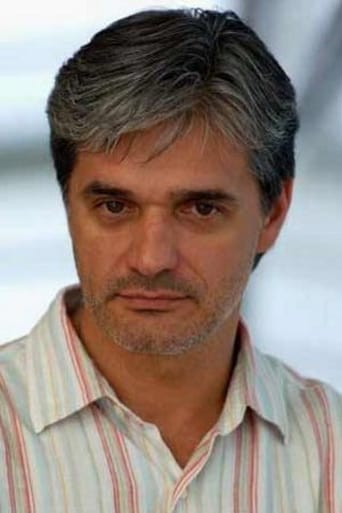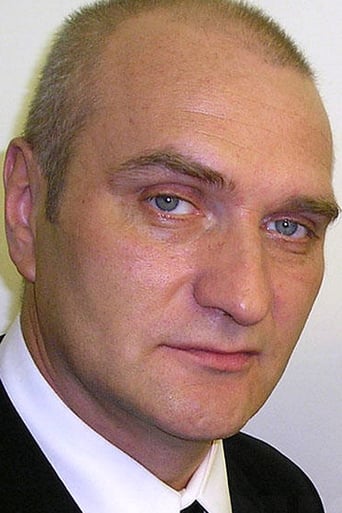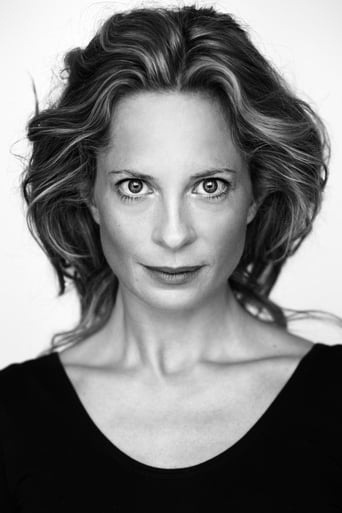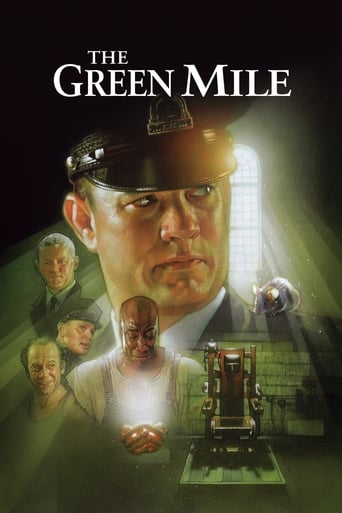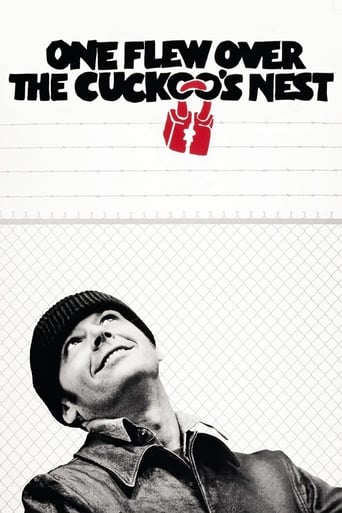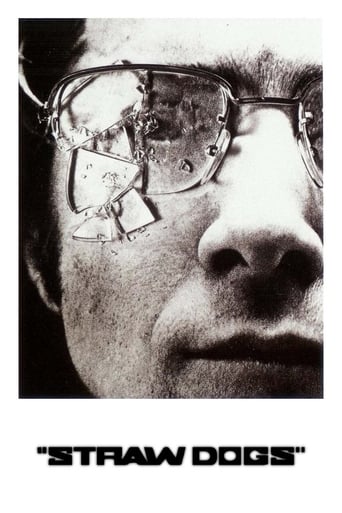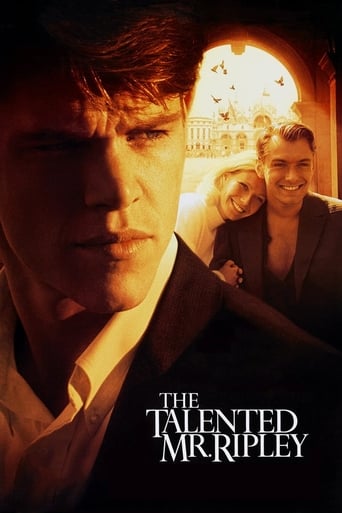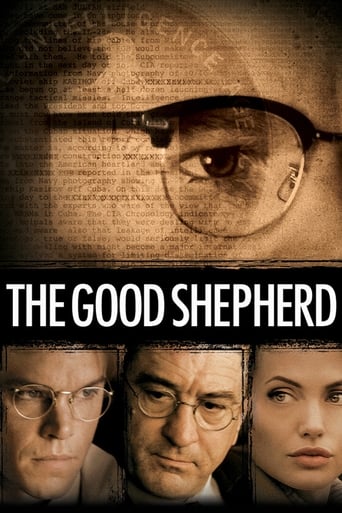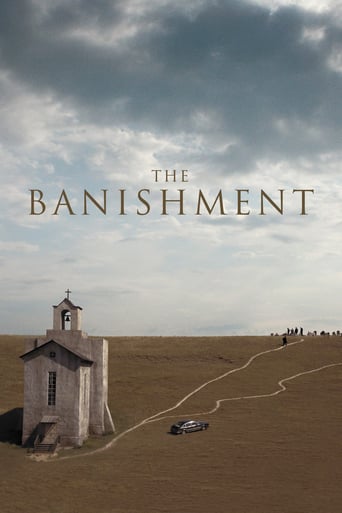
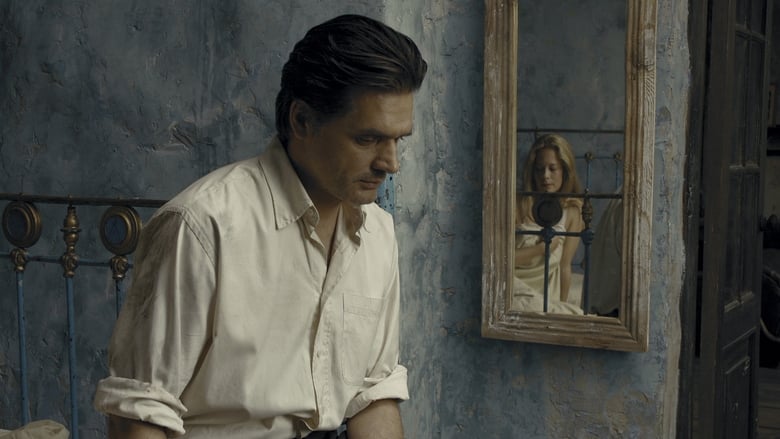
The Banishment (2008)
While vacationing in the countryside at his childhood home, a woman suddenly reveals to her husband that she is expecting a child – but not his.
Watch Trailer
Cast
Similar titles


Reviews
Sorry, this movie sucks
Excellent but underrated film
The joyful confection is coated in a sparkly gloss, bright enough to gleam from the darkest, most cynical corners.
what a terribly boring film. I'm sorry but this is absolutely not deserving of best picture and will be forgotten quickly. Entertaining and engaging cinema? No. Nothing performances with flat faces and mistaking silence for subtlety.
A city family take a holiday in the country, staying at a remote house in the Russian countryside for a. Alex's wife, Vera, reveals to him that she is pregnant by another man. He struggles to decide how he should respond and what should be done, eventually deciding that an abortion should be arranged. His wife kills herself with an overdose immediately after the abortion. However, Alex then finds out that he was in fact the father and that in fact his wife had never felt close enough to him to be able to regard him as a partner.An intriguing story but slow, in the style of Tarkovsky, maybe too long.
What a great way of portraying a rarely spoken but well known sad fact of today's society: in the modern family usually the man is the one responsible for the crime of abortion and also all the consequences this brings with it. The woman is weak: she needs the love and protection of the man to survive. She can not live in a fake relationship, she can not perform acting in a "live" theater.And the lack of affection for the wife as well as the environment surrounded with love and protection that would encourage the wife to give birth and raise an other child, is what determines the woman to choose abortion.The death of Vera after the abortion is also a symbolical representation of a psychological and spiritual reality: even in the abortions that have no physical consequences, the women will not be the same afterwards, a part of her dies along with the baby.Embedded in a tender and short scene is the answer to all the problems. Before going to sleep, Frida reads from Paul's Epistle the definition of love while everybody listens. Unfortunately, Alexander is "sick" and his sickens spreads death all around him. This scene is far from him, both in physical and spiritual space.He remains sick although he admits the mistake of asking Vera to kill the baby, and although his regrets about not accepting and not loving her. After two deaths he is ready to commit an other one, by going to Robert with the gun, prepared to get revenge. This demonstrates the brute force of the darkness and how one can fall from bad to worse.
Giants of Russian cinema included Sergei Eisenstein (The Battleship Potemkin, Alexander Nevsky), Andrei Tarkovsky (Ivan's Childhood, Solaris) and the emerging Aleksandr Sokurov (Russian Ark, Father And Son). All three are recognized as the leading Russian filmmaker of their generations, consistently producing works of immense quality and value. The director of The Banishment, Andrei Zvyagintsev, is one of a few who shows potential to be another great voice of Russian cinema. His previous effort, The Return, was a soporific excursion into the Russian wilderness; though cinematographically stunning, it fails in its ability to completely engage the viewers.The Banishment shares the same characteristics. The difference is that it is a whole lot longer, running at nearly a-hundred-and-sixty minutes. The story could have been wrapped up in a taut ninety-minute drama but Zvyagintsev chose the more abstract route to film the picture. Only time would tell whether his choice was sound. At its heart, The Banishment has a pitiful story to tell. However, it is told at such a snail-like pace that it appears almost lackluster and feels like it is not making any storytelling progression especially during the final two-thirds of the film.The character developments of the three main characters are palatable enough to pull viewers through the lengthy film. Each one of them struggles with problems of high emotional intensity, often as a result of miscommunication, selfishness, and jealousy. Zvyagintsev opts to use long static shots of these characters' faces to capture their inner feelings and juxtaposing it with the unpredictability of the Russian wilderness. One top-notch sequence involves a five-minute reverse tracking shot of water flowing downhill into small streams and eventually into a big puddle that shows a reflection of something that is of immense significance. Its monotony is ultimately broken by the onset of rain.The Banishment while sporadically exhibiting glimpses of promise unfortunately feels too long-winded. It is a commendable piece of cinema and has the potential to become a great character study if Zvyagintsev decides to do a director's cut with a trimmer runtime. The Banishment is made for the art house crowd and yes, for one with a hell lot of patience.SCORE: 7/10 (www.filmnomenon.blogspot.com) All rights reserved!
I have only just learnt that Zvyagintev's The Return was his feature film debut. It really impressed me with it's sparse and elusive narrative, filled with mystery and ambiguity. It is visually spectacular, with a strong Eastern European aesthetic that one can't look away from. The Banishment is no less a film.This is a much more ambitious effort than Zvyagintev's debut. Again he has crafted a story that is highly enigmatic. It stars Konstantin Lavronenko, who played the role of the absent father returned in The Return. Alex is a man with a shady past and his brother Mark (Aleksandr Baluyev) is of the same ilk. When Alex's wife, Vera (Maria Bonnevie), reveals she is pregnant and that he is not the father, a sequence of events unfolds that will have you on the edge of your seat. "If you want to kill, kill. If you want to forgive, forgive", says Mark.The tension is palpable, magnified by the sparse dialogue. In one sense, words are not needed as the body language says it all. Yet in another, the inability of the protagonists to bring out into the open what needs to be said leads to unforeseen consequences. This is both thematically similar to Nuri Bilge Ceylan's similarly excellent Three Monkeys and stylistically they also share much in common. As in Ceylan's films, Zvyagintev shows great confidence in telling a story, taking his time to create a palpable ambiance. At 157 minutes, the film is quite long, but always engaging.The cinematography is stunning throughout, with excellent use of the widescreen. There is one tracking shot in particular that left me breathless as the camera seemingly floated through space. I can recall only twice where the camera movement impressed me so: the caravan sequence in Noise and the various tracking shots in Soy Cuba. The use of darkness, light and shade are used to great effect. The music is haunting, reminding me of the Gothic sounds of the music of Enigma. It renders the film with a sense of tragedy of biblical proportions.Zvyagintev is a magnificent talent that just can't be ignored. If you see only one Russian film this year, make it The Banishment.
